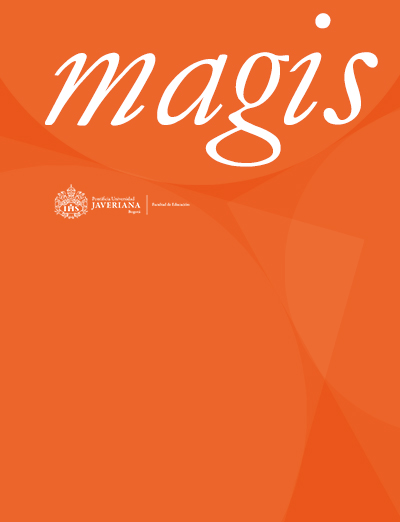Resumen
Para mejorar la comprensión del liderazgo en universidades, este estudio analiza el estilo de liderazgo de rectores con un enfoque en sus rasgos personales, las características organizacionales de las universidades y de la sociedad en la que están inmersas. El análisis empírico con un enfoque cualitativo se realizó en una muestra de rectores de universidades mexicanas. Los resultados demostraron que, debido a la naturaleza ecléctica de la universidad, sus numerosos objetivos, el perfil altamente profesionalizado de sus miembros, la creciente complejidad de su organización y su entorno, así como las incertidumbres resultantes, los rectores combinan estrategias transformacionales, transaccionales y laissez-faire.

Esta obra está bajo una licencia internacional Creative Commons Atribución 4.0.
Derechos de autor 2022 Rosalba Badillo-Vega


